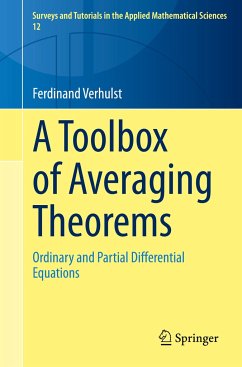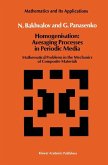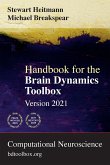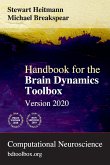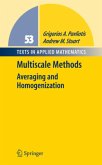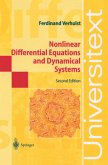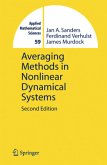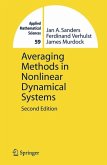This primer on averaging theorems provides a practical toolbox for applied mathematicians, physicists, and engineers seeking to apply the well-known mathematical theory to real-world problems. With a focus on practical applications, the book introduces new approaches to dissipative and Hamiltonian resonances and approximations on timescales longer than 1/ .
Accessible and clearly written, the book includes numerous examples ranging from elementary to complex, making it an excellent basic reference for anyone interested in the subject. The prerequisites have been kept to a minimum, requiring only a working knowledge of calculus and ordinary and partial differential equations (ODEs and PDEs).
In addition to serving as a valuable reference for practitioners, the book could also be used as a reading guide for a mathematics seminar on averaging methods. Whether you're an engineer, scientist, or mathematician, this book offers a wealth of practicaltools and theoretical insights to help you tackle a range of mathematical problems.
Accessible and clearly written, the book includes numerous examples ranging from elementary to complex, making it an excellent basic reference for anyone interested in the subject. The prerequisites have been kept to a minimum, requiring only a working knowledge of calculus and ordinary and partial differential equations (ODEs and PDEs).
In addition to serving as a valuable reference for practitioners, the book could also be used as a reading guide for a mathematics seminar on averaging methods. Whether you're an engineer, scientist, or mathematician, this book offers a wealth of practicaltools and theoretical insights to help you tackle a range of mathematical problems.
"The book is intended to present a concise survey of averaging theorems as a toolbox for applied mathematicians, physicists and engineers, with emphasis on the practical use. ... this is an enjoyable and very clear textbook for scientists, engineers, students and practitioners, which reflects the author's vast expertise on the subject." (Pablo Amster, zbMATH 1528.34001, 2024)

